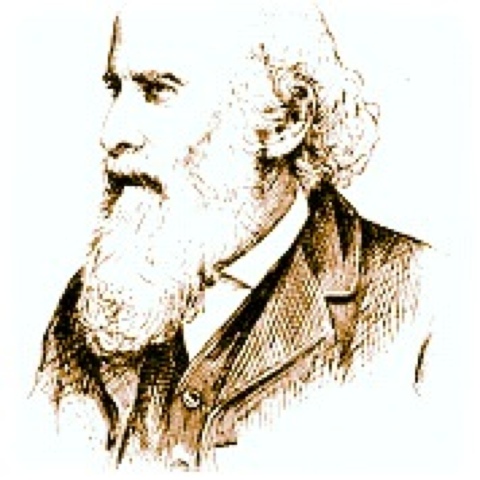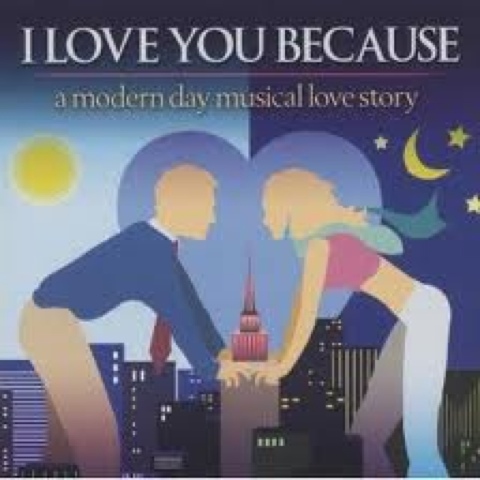Traps baited with orphan

Here is how Elizur Wright described whole-of-life insurance in 19th century’s America. He published his critical pamphlet in 1877 under the title ”Traps baited with orphan; or, What is the matter with life insurance” where he showed with actuarial arguments how the insurance companies were ripping off their policy-holders through exorbitant paid-up fees on whole-of-life business that basically annihilated the surrender value of the policies. Policy-holders trying to protect their families against adverse circumstances found themselves stuck if, for whatever reasons, they were unable to pay the premium. We are not talking here about risk business, as those policies had reserves calculated on the basis of whole-of-life, but those reserves were contractually stolen from the policy-holders. “Traps baited with orphan” is a pamphlet that is both technical and emotional. It appeals to reason and also to the compassion of readers who would hate to see orphans lose their entitlement because n...


